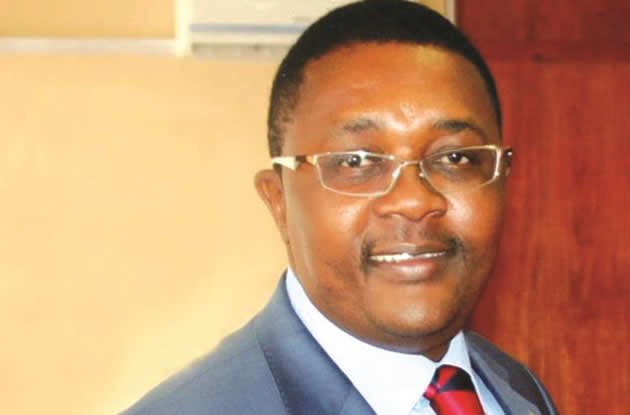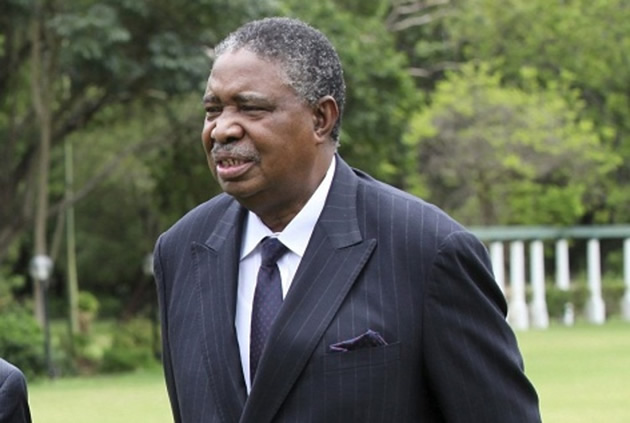ZCT forecasts slow growth in tourism

Golden Sibanda Senior Business Report
THE Zimbabwe Council for Tourism has projected slower growth for tourism due to the impact of value added tax on accommodation for foreign visitors. Finance Minister Patrick Chinamasa introduced VAT on foreign hotel accommodation in January, worsening Zimbabwe’s profile as an expensive destination.
ZCT president Mr Francis Ngwenya told a media briefing yesterday that growth in the sector would have been better had there been no VAT obstacles.
He said the VAT on accommodation for foreign tourists remained a thorny issue and hailed calls by a parliamentary tourism committee for its scrapping.
“We expect to register some positive growth, but it will not be as high as it should have been had some of the obstacles been removed,” Mr Ngwenya said.
In his 2015 Mid Term Fiscal Policy Review Statement in July, Minister Chinamasa projected the tourism sector to grow by an average of 5 percent this year.
But Mr Ngwenya said Zimbabwe was already 30 percent to 40 percent more expensive compared to regional competitors who also offer similar products.
The situation has been made worse by the fact that Zimbabwe’s main transacting currency, US dollar, has appreciated significantly against regional currencies.
This has made prices offered by regional countries competing with Zimbabwe for tourists a lot cheaper, tipping the scales in the favour in attracting the visitors.
“We were already 30 percent to 40 percent more expensive and we added 15 percent VAT, which definitely makes us more expensive,” Mr Ngwenya said.
Tourism and Hospitality Industry Minister Walter Mzembi has also been strongly advocating the removal of the tax citing its negative impact on growth of tourism.
Minister Mzembi, through the Tourism Master Plan, targets transforming the sector into a $5 billion industry by 2020 and raising its GDP contribution to 15 percent.
Tourism, which Government has identified as one of the low hanging fruits for immediate economic turnaround, currently accounts for 11 percent of GDP.
Mr Ngwenya said while operators have tried to absorb VAT in their cost structures, this has proved problematic and is making their business unviable.
The price differentials are based on a “like for like” product comparison, for instance, of tourism products and services offered by five star hotels in the region.
As such, the expensive destination tag works against Zimbabwe when competing for tourists’ choice, especially to a country disadvantaged by a strong currency.
Tourism industry operators are already battling a myriad of charges such as licence fees, registration charges and levies amounting to about 23 in total.
According to ZCT chief executive Mr Paul Matamisa, all these costs go into the pricing model, which then informs the final price charged to tourists.
Meanwhile, ZCT has also bemoaned the sharp dramatic increase in charges to hospitality industry operators at a time they are facing viability challenges.
Mr Ngwenya the exorbitant increases in input costs mean short term gains for the Victoria Falls Town Council, but medium to long term destruction of the sector.
“Tourists are not a source of never ending income and it must be remembered that Zimbabwe is a destination that competes with every single tourist destination in the world for the tourist dollar,” Mr Ngwenya said.









Comments